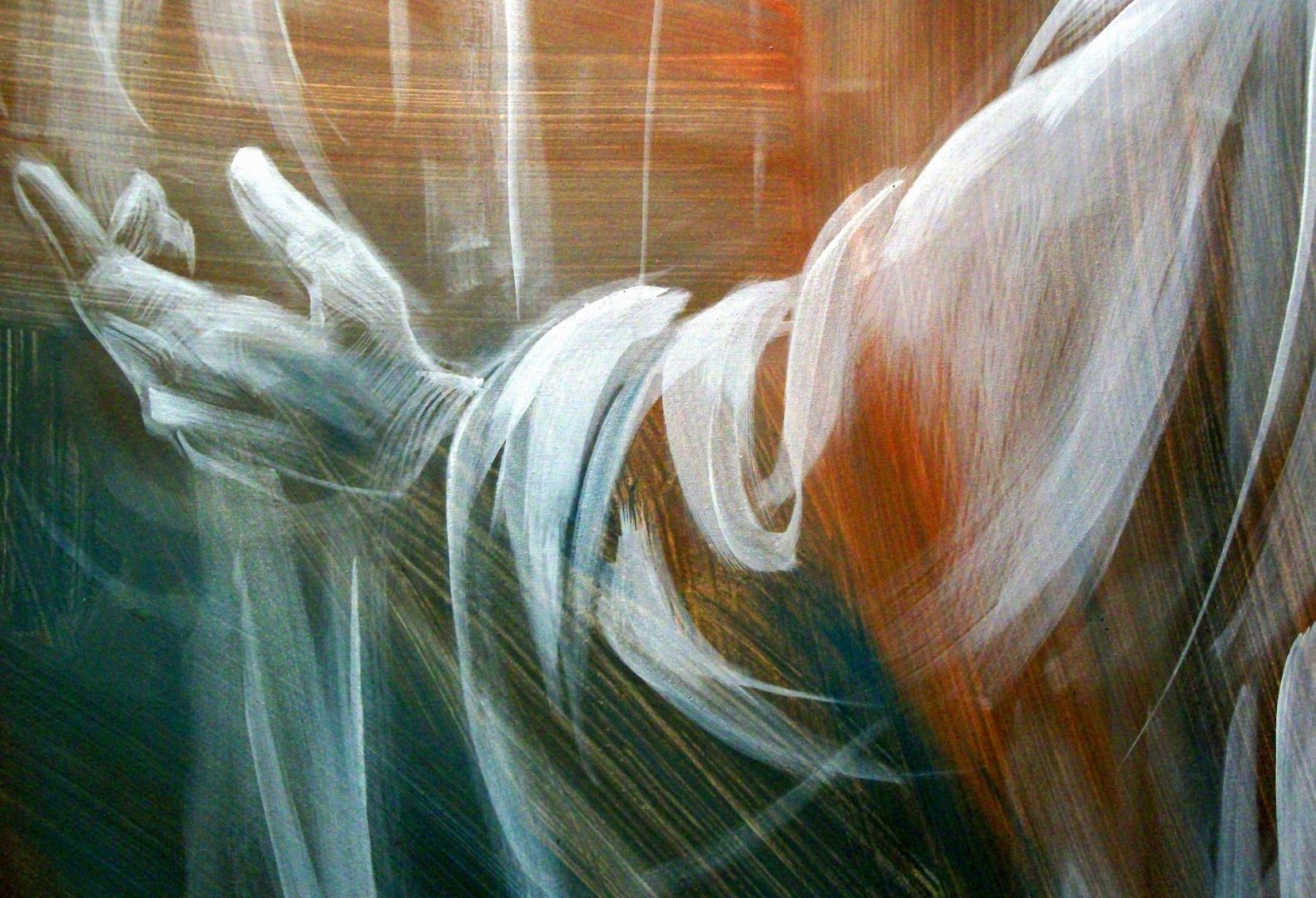The tendency toward the total privatization of religious life is particularly strong today, especially in the new generation.
Church teachings (doctrines, theology, and dogmas) are no longer appreciated or are, at best, considered adiaphora (irrelevant). For this reason, people are much more open to new philosophical and religious systems. They are not actually new, but quite old at their source. They are, however, new to our cultural space.
Belief in positive and negative energies, in the influence of the stars on life, in East Indian or Chinese mysticism, especially the “new age” spiritualist syncretism, and all the hopes or conspiracies that give birth to mystical-SF scenarios are more appealing to many than traditional Christianity.
What is the cause? There are, of course, multiple causes. In reality, God was “killed” much earlier, when the Church placed its own dogmas and claims above the human conscience and began to persecute and shed blood in order to preserve and promote righteousness.
This happened shortly after the Church, from the persecuted slave it was, suddenly awoke as a Lady with a divine halo and quasi-imperial authority. Since then, wherever the Church has ruled, it has mercilessly persecuted others. Not just in the West, but wherever different opinions have been raised. It encouraged a religion in which reason was degraded, conscience was manipulated and feared, and supreme values were not always the moral ones, but others, which have little relevance for human relations.
Jesus said in Matthew 25, “Whatever you did for one of the least of these brothers and sisters of mine, you did for me.” Therefore, the Church was at the forefront of those who killed God in the person of their fellow man, their brother or sister.
Through various newly introduced dogmas, the Church created an unattractive image of God, one in which He has become more and more distant and severe, and can only be approached through the priesthood—one of the Church’s new creations.
Thus, the true God was expelled from the Church and society, and exiled to the modest tabernacle of certain sects and dissents, His place being taken by a god who was drawn according to new canons: a god who, in a spiritual sense, has become more and more distant and difficult to approach, and whose grace, in the materialistic-magical sense, has become increasingly lowly and accessible to all who do not ask questions.
The Enlightenment and the resulting currents only completed this deicide begun by the Church. All they did was ridicule the caricature that the Church had presented to the world for too many centuries, after which the revolutions wisely separated human issues politically so that the Church would no longer rule over the state and the state would no longer rule over the Church.
Judaism and Christianity are religions of the Book. On closer inspection, the abuses were committed by trampling of the Book. Some have trampled on it by placing other comparable spiritual authorities next to it—theoretically subordinate, but practically superior.
Thus, the authority of councils, of oral tradition, of the clergy, of official theology, and others overshadowed the authority of the Book, which has become an object of worship rather than a source of popularization of the true faith.
The Jewish Talmud, the Christian Patristic, or other later writings became normative for understanding the Book and for God’s description, over whose face a shroud was placed.
Later, Muhammad made a pseudo-restoration of the true faith, claiming that both the Jews and Christians had falsified the Book, so Allah sent the Holy Spirit Gibrail to dictate the Qur’an to restore the truth. In this way, the East engaged in the same work of killing God, with the same general methods and with more or less fanaticism, depending on the case.
I do not believe that modern secularization and the disappointment of the present generation can be cured by resorting only to a moral code and a fine humanistic spirituality. If there is no motivation beyond humanism, if there is no God, and no meaning in life, good and evil are as convincing as political correctness.
You can follow such conventions, even possibly adhere to the noblest altruistic principles. In the end, however, it’s not worth living daily for principles that are not worth dying for as a martyr. God’s existence and the hope of immortality are a strictly necessary faith, and the moral code must spring from God’s authority so that it cannot be shaken or altered.
Any other solution is, in my opinion, abortable from the start. God died when the supreme authority of the Book died, but Christianity is a religion of resurrection and life. Let others deal with the religion of death, with a lot of cultic aspects that show more piety to the dead than to the One who is called the Living God in Scripture.
Whenever we turn to the dead or to mortals, so that through them we may have access to the living God, we degrade the idea of God, and kill what is left of God in our conscience. It is true that God must be in us, too, in a spiritual, immanent sense, but objectively, He is “our Father in heaven.”
God is transcendent and wants us to address our prayers directly to Him, including our quests and dilemmas. To me, God is not dead.
